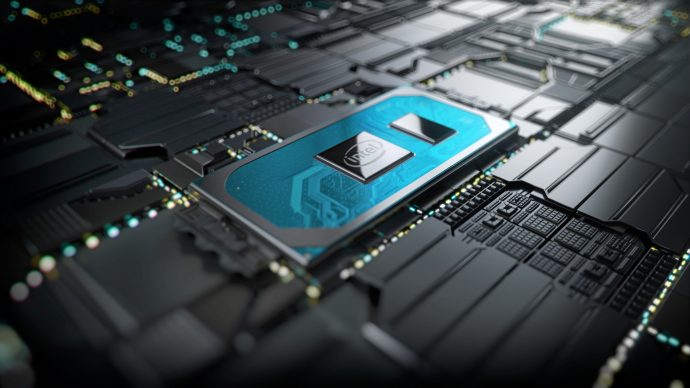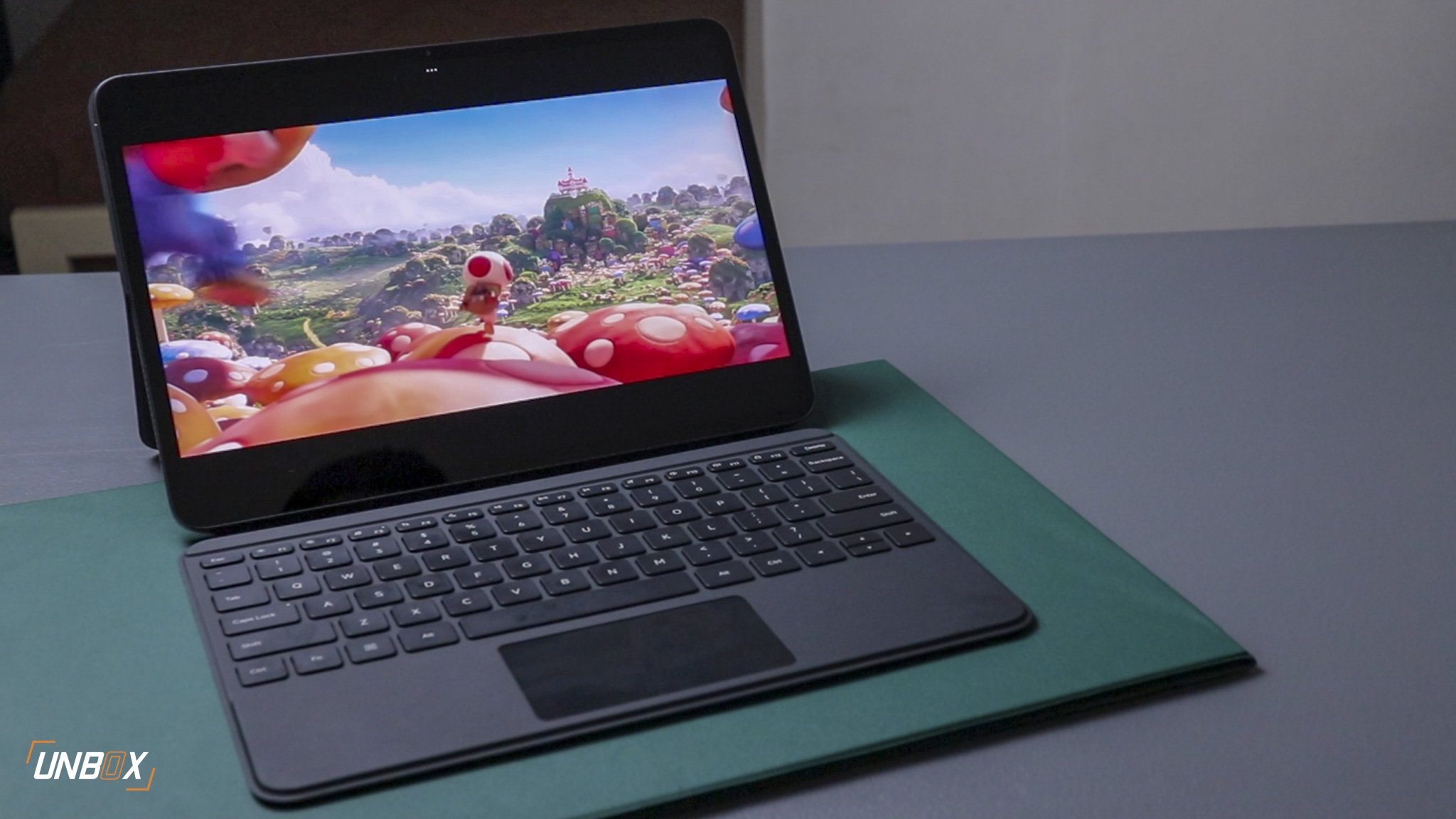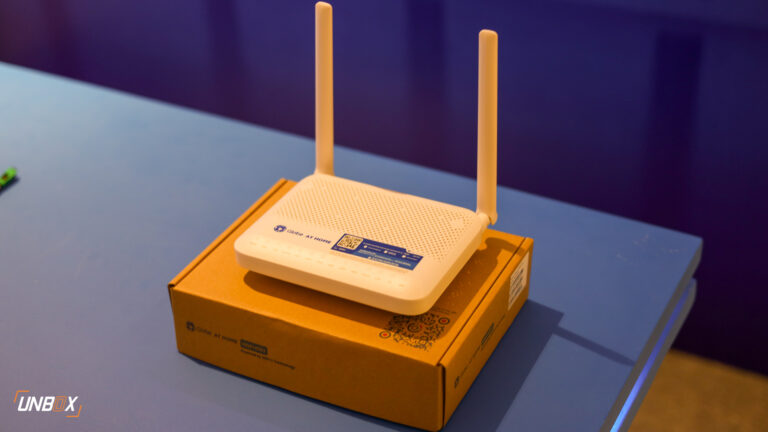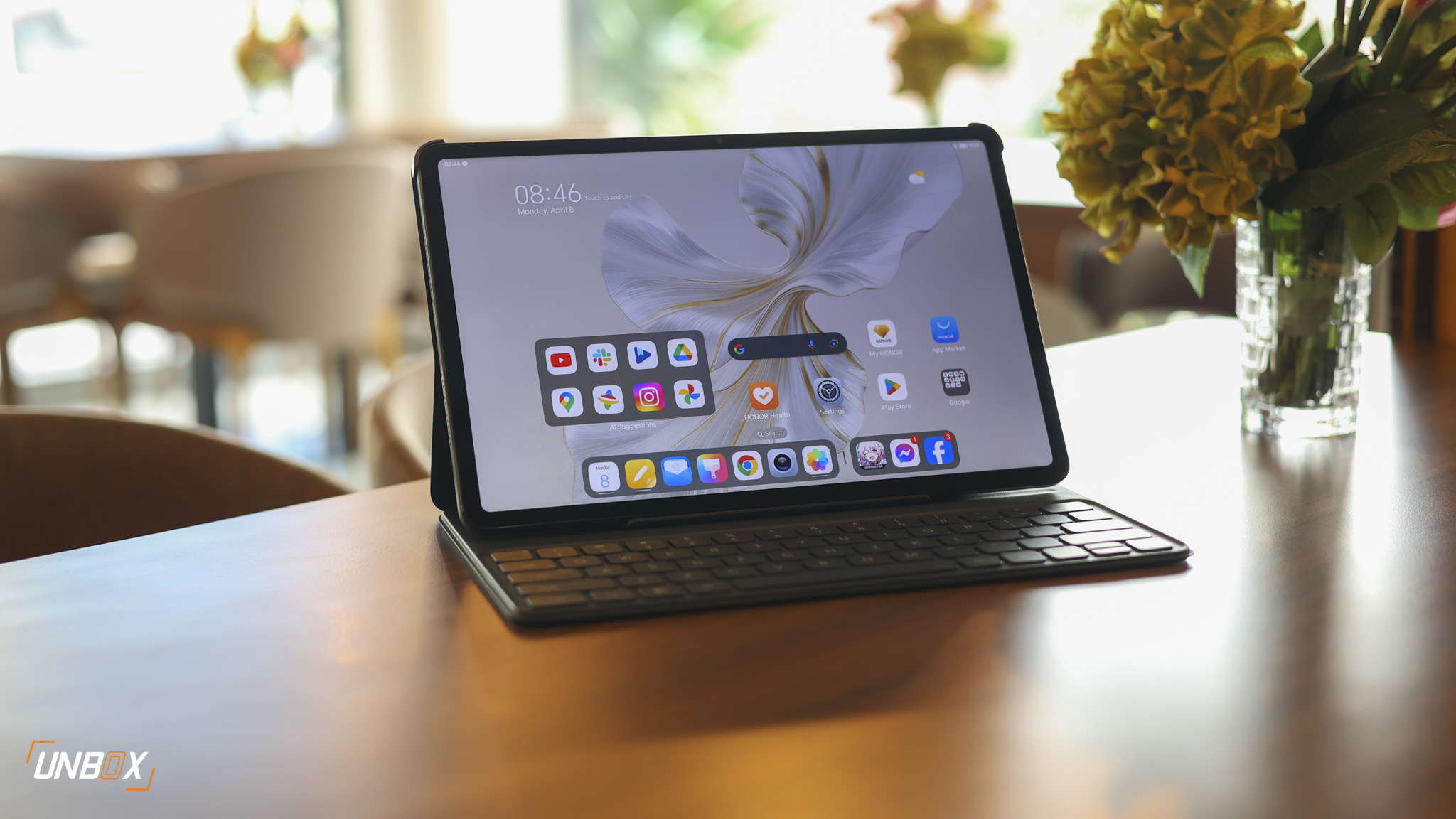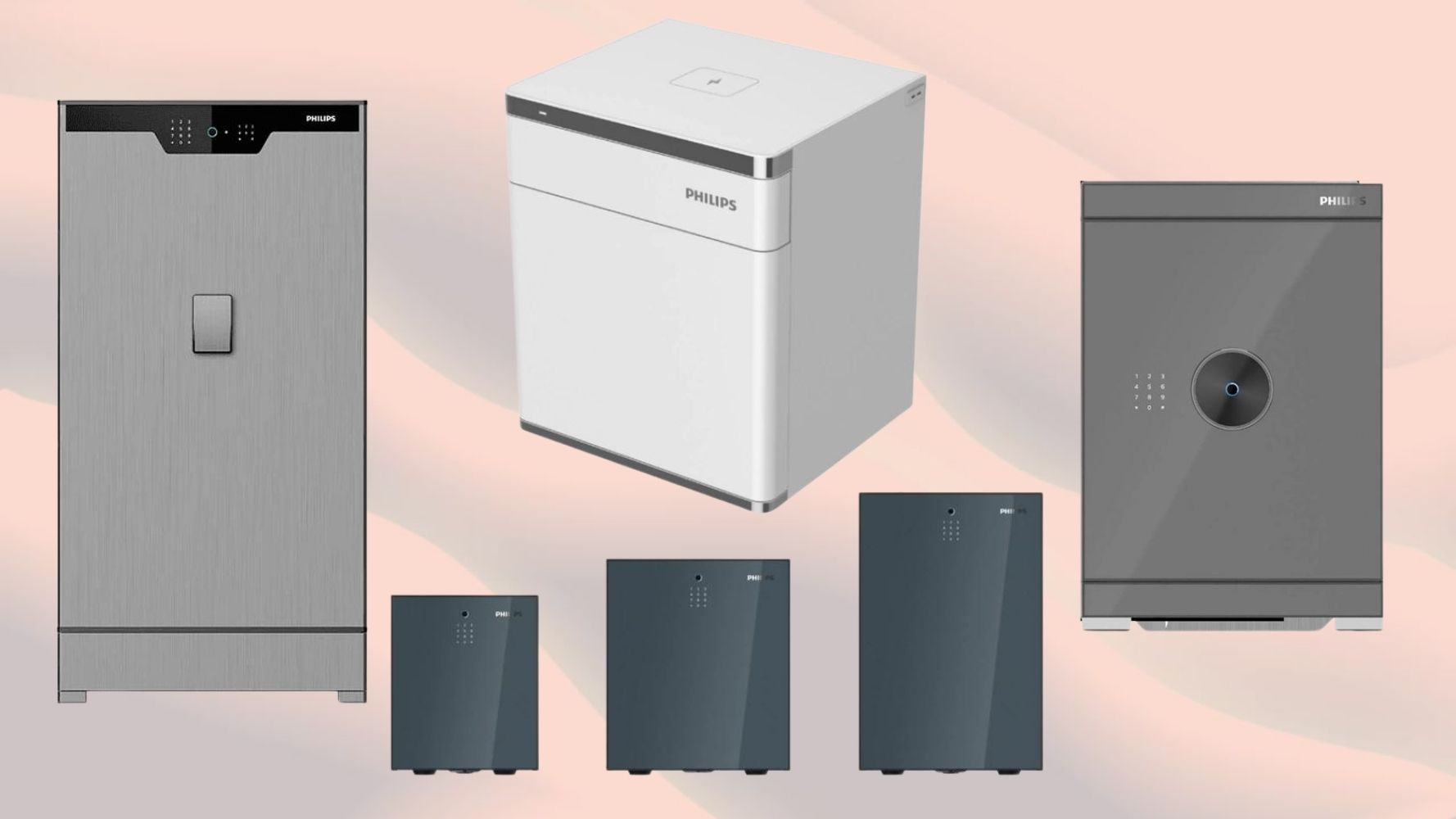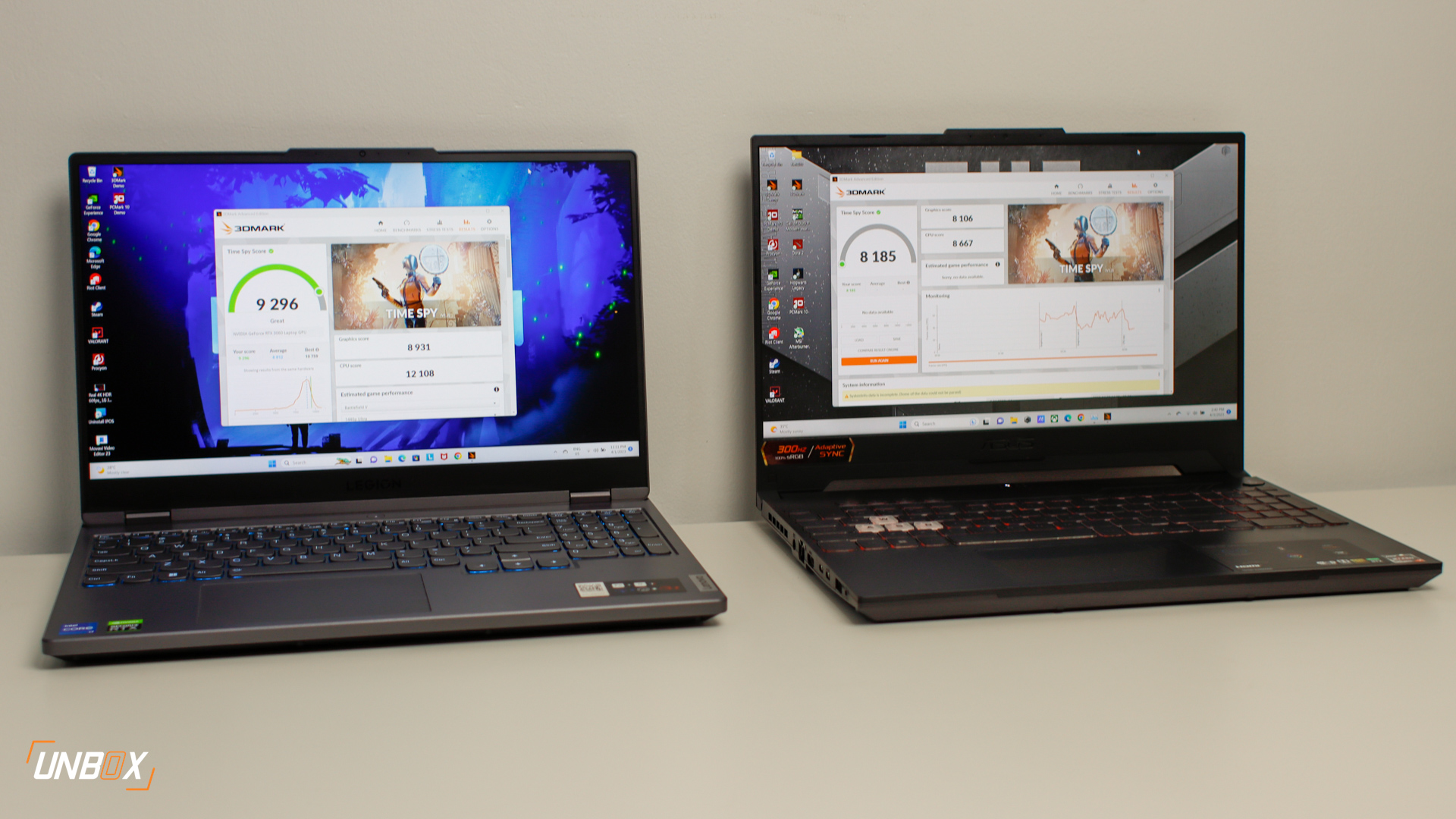It is no secret that Intel is losing quite a lot to AMD, as the latter 7nm chips are performing better than Intel’s current 10nm chips at a lower price point. However, things might turn in for the better, as a report from Nikkei confirms that Intel and Apple are among the first companies that will adopt TSMC’s 3nm process next year.
According to Nikkei’s sources, both Apple and Intel are testing their chip designs with TSMC’s 3nm process, with commercial sales expected to start by second half of next year. Currently, TSMC’s most advanced chip production is a 5nm process, which is used on Apple’s M1 and A14 chips. TSMC competes against Samsung with the Korean tech giant’s own 5nm process, which is used by Qualcomm’s flagship chips like the Snpadragon 888 and 865 and Samsung’s Exynos 2100.
Intel’s decision to jump from 10nm to 3nm is part of its efforts to regain the market share it lost to AMD with its 5nm-based Ryzen 4000 and 5000-series chips. According to Nikkei’s sources, Intel is working on two 3nm-based chips with TSMC that will be used on notebooks and centers, and that it has delayed its own 7nm chips until around 2023. Intel did confirm that it is working with TSMC, making it the first time that Intel had to resort to outsourcing for its core chip products.
What’s even interesting is that Nikkei’s sources note that Intel has secured more chip orders than Apple, which explains why only future iPads will use an Apple chip that is based on the 3nm process–iPhones, on the other hand, will have to settle for 4nm-based chips instead.


